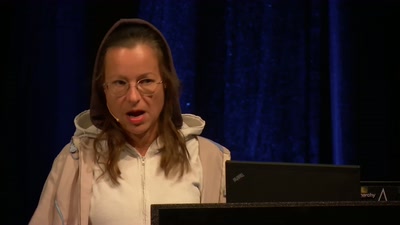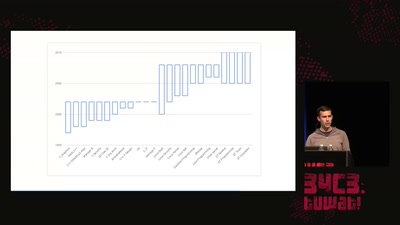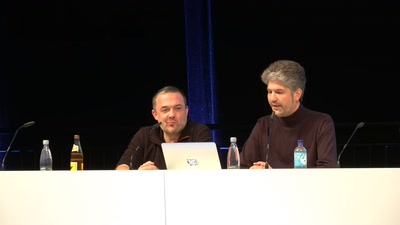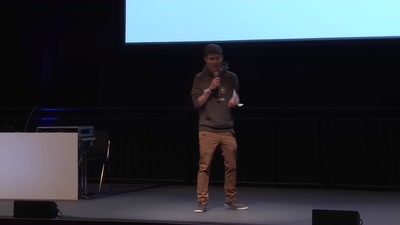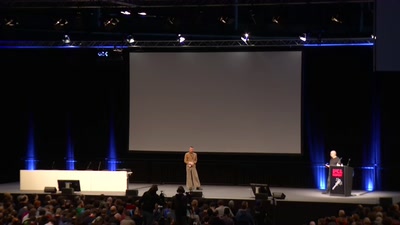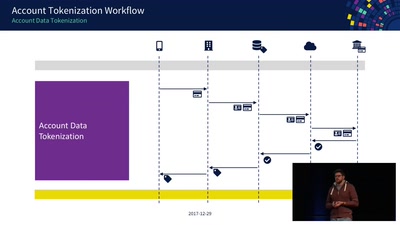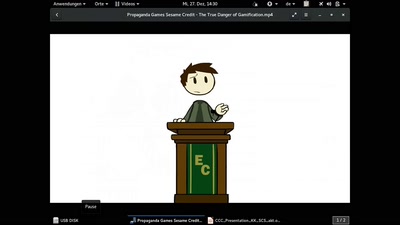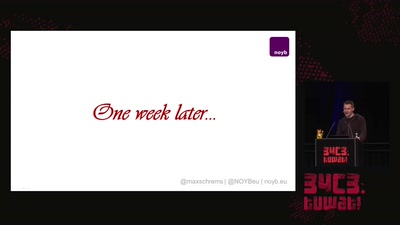The Internet in Cuba: A Story of Community Resilience
Get a unique tour of some of the world’s most unusual networks, led by a Cuban hacker
Will Scott and kopek
Internet access in Cuba is notoriously restrictive. ETECSA, the government-run teleco, offers 60 wireless hotspots in parks and hotels, allowing foreigners and citizens alike to "visit" the Internet for only $1/hour… That’s what most tourists know about the Internet in Cuba, but of course, that can't be the whole story!
In this talk, we'll take a deeper look at what life is like for Cuban hackers, and we’ll get to tour a vibrant set of community-driven networks that typical tourists never see. The story that emerges is an inspiring view of what communities can (and can’t) accomplish in the face of adversity.
Internet access in Cuba is a study in resilience. By the official numbers, the island seems hopelessly disconnected: Cuba ranked last in the Americas in the ITU’s 2016 ICT development index, having only 5.6% household Internet penetration, and international bandwidth per user measures a mere 572 bits/s. Yet Cubans have developed a number of bottom-up, community-oriented responses to these limitations.
This talk will focus on three indigenous networks that aren't seen by the typical tourist. These include “El Paquete”, a sneaker-net distribution of media files that’s passed around the country on USB sticks and hard drives, and which may be Cuba’s largest source of private employment. There is also the Cuban educational network, which connects more than 20 higher education institutions around the country. Perhaps most unusual is Havana’s “Street Network”, or SNET, a vast unsanctioned IP network, constructed by volunteers using salvaged equipment. Though entirely isolated from the Internet, the SNET connects over 50,000 residential users across the capital city, and it’s home to a vibrant community and hundreds of websites.
In describing these three systems, we'll draw lessons about what is necessary for network communities to survive and thrive in the island’s challenging environment, including places where flexibility and compromise have been essential. Cuba presents a highly unusual regulatory and technological environment, and the approaches that have succeeded there are both inspiring and demonstrative of what communities can (and can't) accomplish through organic, distributed networks.
Download
Video
These files contain multiple languages.
This Talk was translated into multiple languages. The files available for download contain all languages as separate audio-tracks. Most desktop video players allow you to choose between them.
Please look for "audio tracks" in your desktop video player.

